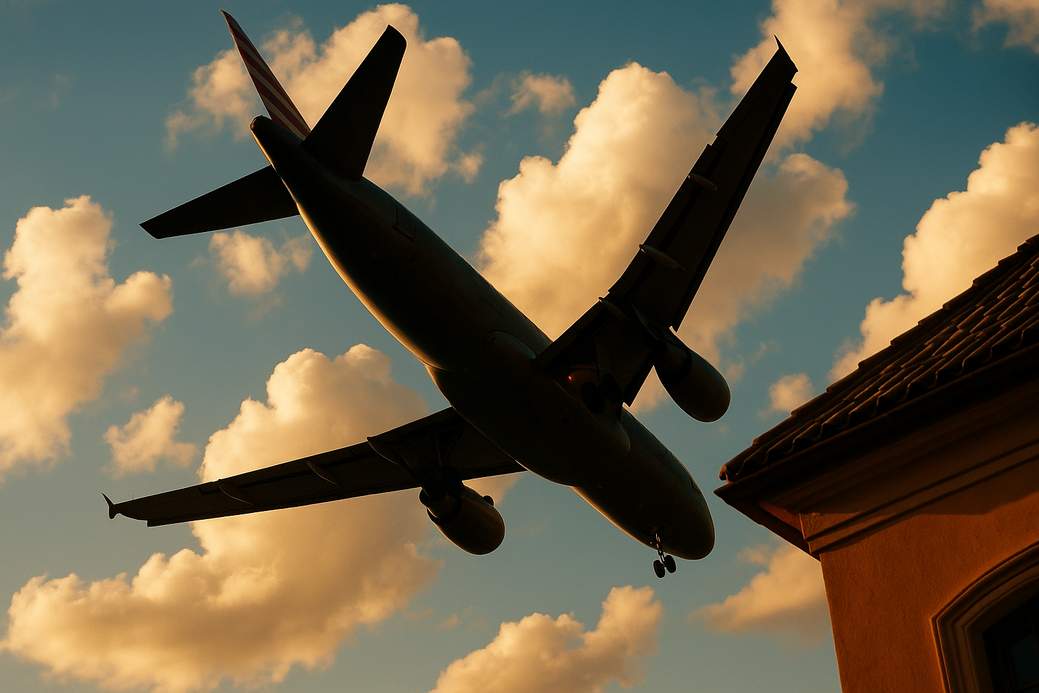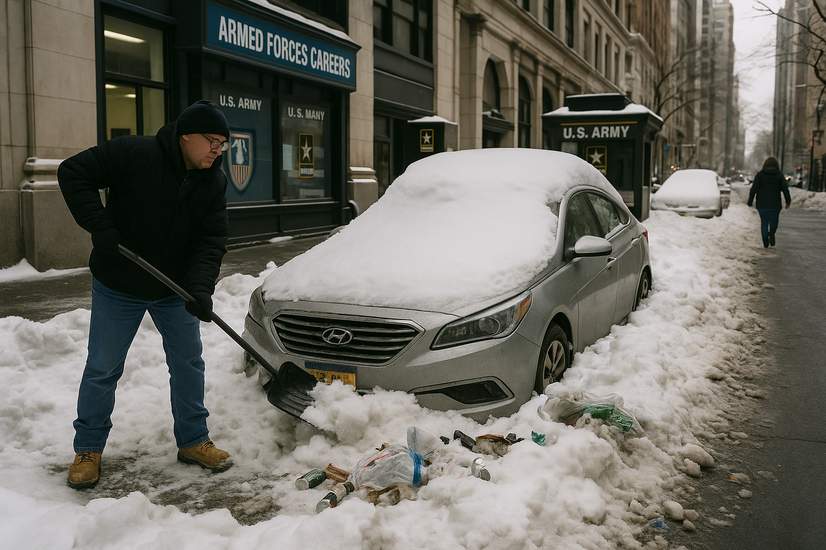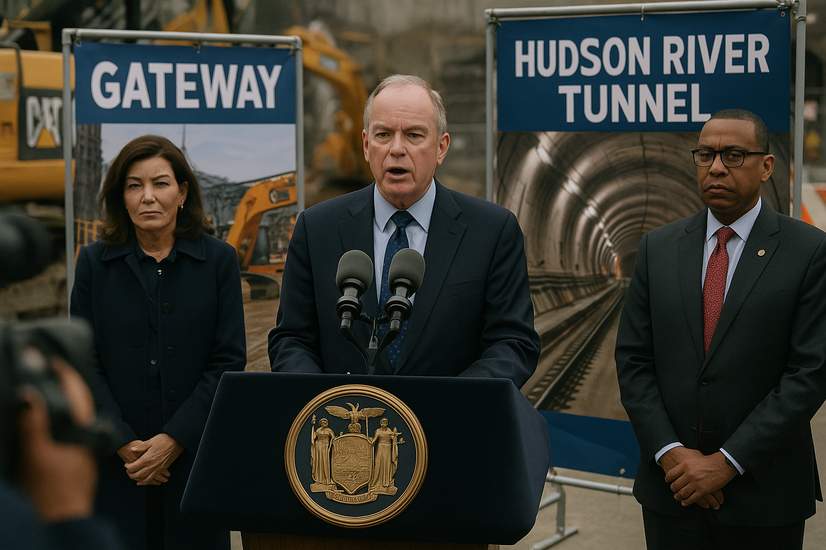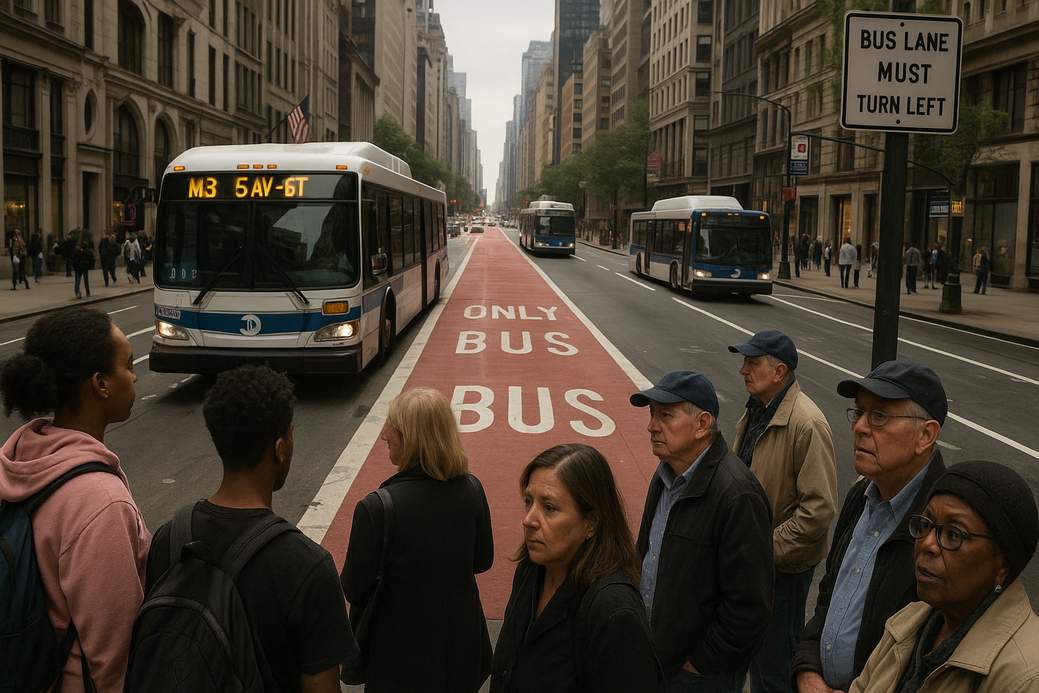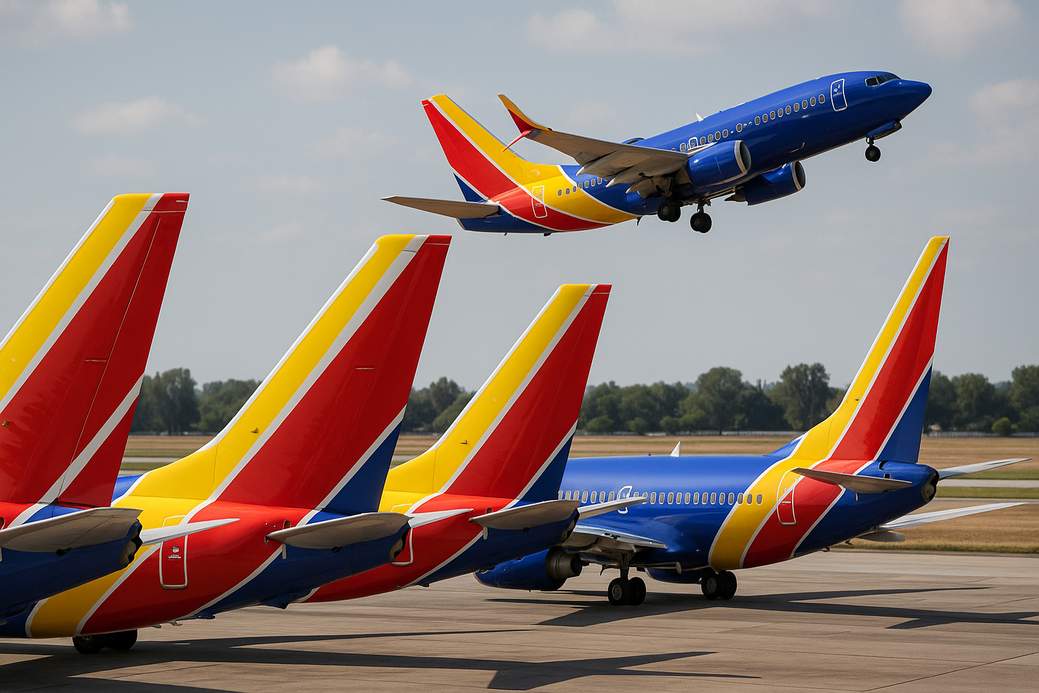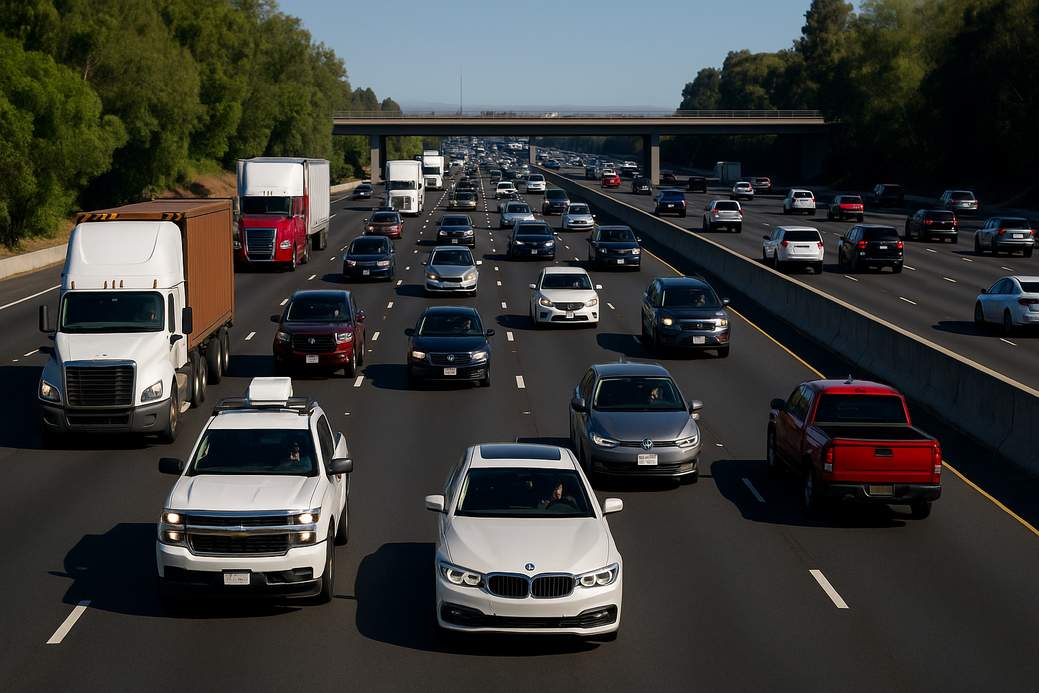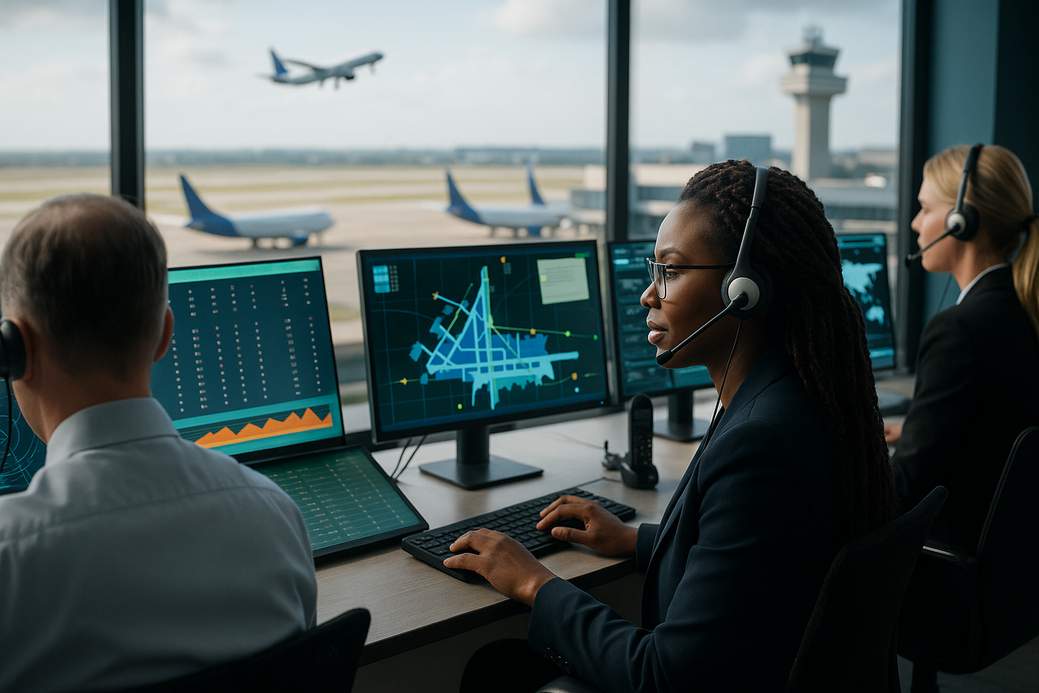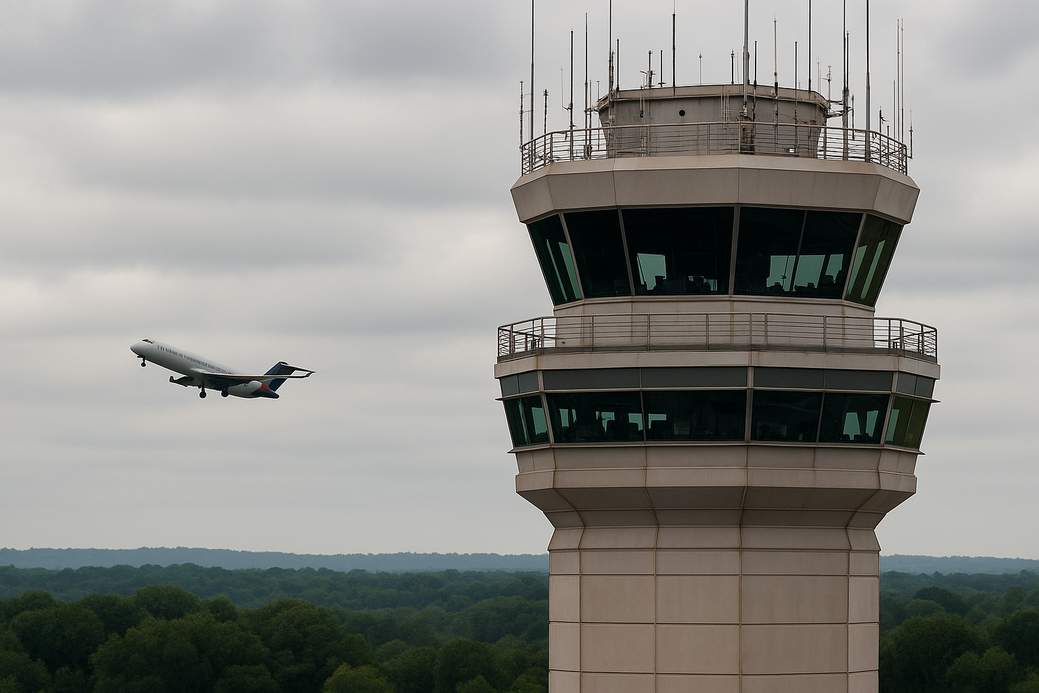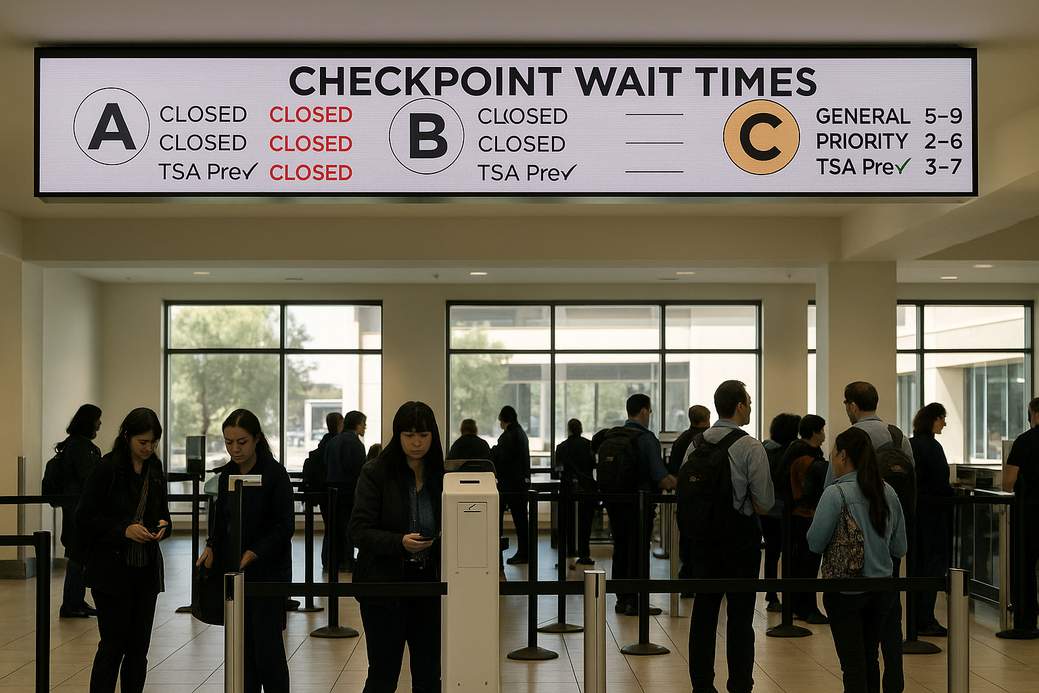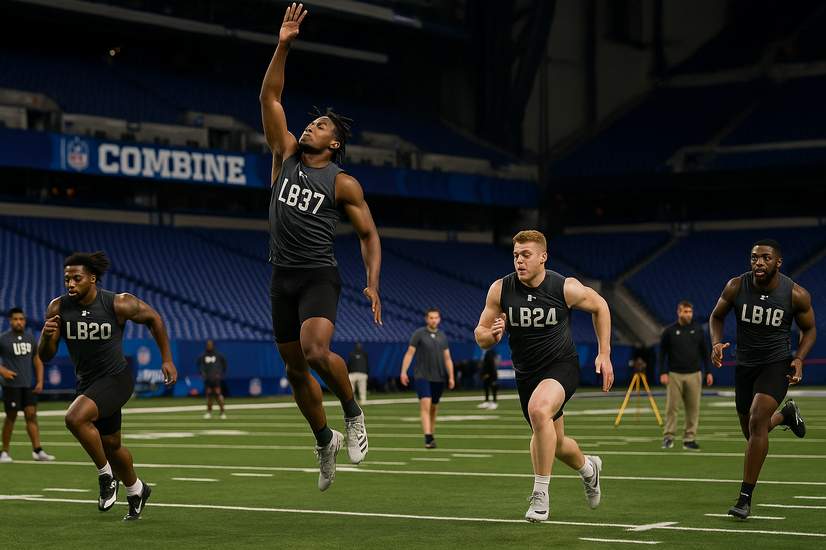Grief, grit, and a very public ask
Rachel Feres walked into Washington carrying the kind of sorrow that never really leaves. Earlier this year she lost four relatives in the deadly midair collision near D.C., and now she’s been showing up on Capitol Hill not for revenge but to insist on one basic thing: safer skies for everyone. The recent government shutdown made her message feel even more urgent — if the people who keep planes and airports running aren’t getting paid or systems get delayed, that’s a problem for all of us.
What happened — the short version
In January, an Army Black Hawk and a passenger plane collided over the Potomac River. Among the victims were Feres’ cousin Peter Livingston, his wife Donna and their daughters. The tragedy set off a string of investigations and a months-long push by families to figure out what went wrong and how to keep it from happening again.
Families meet the investigators and lawmakers
Feres and other relatives have been talking with investigators from the National Transportation Safety Board and with lawmakers from both parties. They’ve sat down with committee leaders and pushed for concrete fixes instead of political theater. Their message has been the same at every meeting: this isn’t a partisan stunt — it’s about basic safety.
The tech fix on the table: ADS-B
One hot topic is a tracking technology called ADS-B (Automatic Dependent Surveillance–Broadcast). It helps aircraft broadcast their position so air traffic control and other nearby planes can see them. Military helicopters sometimes operate under waivers that let them skip this equipment — and that gap is under scrutiny after the collision.
The proposed law and accountability
Legislation has been floated that would require both civilian and military aircraft to use ADS-B systems, including both transmitting and receiving functions. Supporters say this would close the loophole that may have contributed to the crash and create clearer lines of accountability so a similar accident is less likely to happen again.
Why the shutdown is a wildcard
Beyond the technical fixes, families are worried about the human side: air traffic controllers, TSA agents and other frontline workers who keep travel moving. When budgets get tangled or paychecks are delayed, even small cracks can widen into real risks — or at least make people feel less safe boarding a plane. The grieving families argue that transportation systems are too essential to be treated like political leverage.
Bottom line
The people who lost loved ones aren’t asking for drama; they’re asking for change. They want rules that make flying safer, consistent oversight, and a system that doesn’t rely on luck. If you’re into simple common sense: they want the kinds of protections that mean when you get on a plane, you still get off on the other side.

